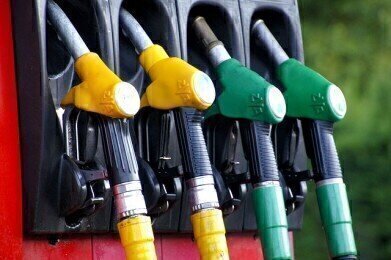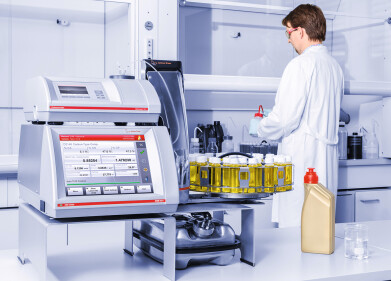Measurement and Testing
The Falling Demand for Diesel Continues
Dec 21 2016
Despite being renowned for efficiency, the latest statistics from the Society of Motor Manufacturers and Traders (SMMT) confirm that demand for diesel vehicles is continuing to fall.
In November, the group reported that registration figures for diesel and petrol vehicles were almost equal. While the British car market has grown by 2.9% since November 2015, demand for diesel has slumped by the same amount. Meanwhile, petrol engine sales have increased by 7.9%. Overall, this puts petrol and diesel sales within just 400 unites of each other. This is a stark contrast to previous years, where diesel registrations powered well ahead of their petrol counterparts.
Political instability shakes up diesel market
It’s not just the UK that’s shying away from diesel, with market analysts commenting that the pattern is starting to materialise across Europe. Over the past five years a host of nations have experienced drops of more than 10% in diesel sales, with Belgian registrations falling from 75% to 52% since October 2011. Denmark has experienced a similar trend, with diesel cars representing almost 50% of its market in 2011, then dropping to just 35% over five years. From a continental perspective, European diesel registrations dropped from 54.8% to 49% between October 2011 and 2016.
JATO global automotive analyst Felipe Munoz comments that spiralling demand for diesel is a Europe-wide phenomenon, and blames political instability as a key cause.
"New car registrations continue to grow in the rest of Europe, but growth has slowed down during the last 6 months,” he says. “The increasing political and economic uncertainty along with coming key elections in France and Germany, are behind the reasons for this.”
Drivers shift attention to AFV
As for where former diesel buyers are shifting their attention. Compared to 2015, alternatively fuelled vehicle registrations were up by 25% in November, and now make up around 7.5% of British registrations. Growth has been exponential, with analysts expecting their market share to rise over the next few months.
"In most cases, the consumers opting for non-diesels are moving to AFV (electric and hybrids) and petrol (at lower rates). In fact, the diesel situation is the perfect scenario for the further development and popularity of AFVs, as more governments ban diesels and promote electrics. I believe that the diesel problems are the start of the real growth of AFV," comments Munoz.
Despite the movement towards alternative fuels, oil still powers the majority of the world’s vehicles. This means efficiency and quality are still key concerns for refiners. For more information, ‘CONTROLLING CORROSION: A New Method to Measure the Acid Number in Crude Oil and Refinery Distillation Fractions’ introduces readers to the revolutionary new thermometric standard ASTM D8045, developed by leading American chemical analysis group, Metrohm USA.
Digital Edition
PIN 25.1 Feb/March
March 2024
In This Edition Safety - The technology behind the ION Science Tiger XT - Safety with ammonia and LOHCs as hydrogen carriers Analytical Instrumentation - Discussion on new tribology te...
View all digital editions
Events
Apr 28 2024 Montreal, Quebec, Canada
Apr 30 2024 Birmingham, UK
May 03 2024 Seoul, South Korea
May 05 2024 Seville, Spain
May 06 2024 Riyadh, Saudi Arabia


















